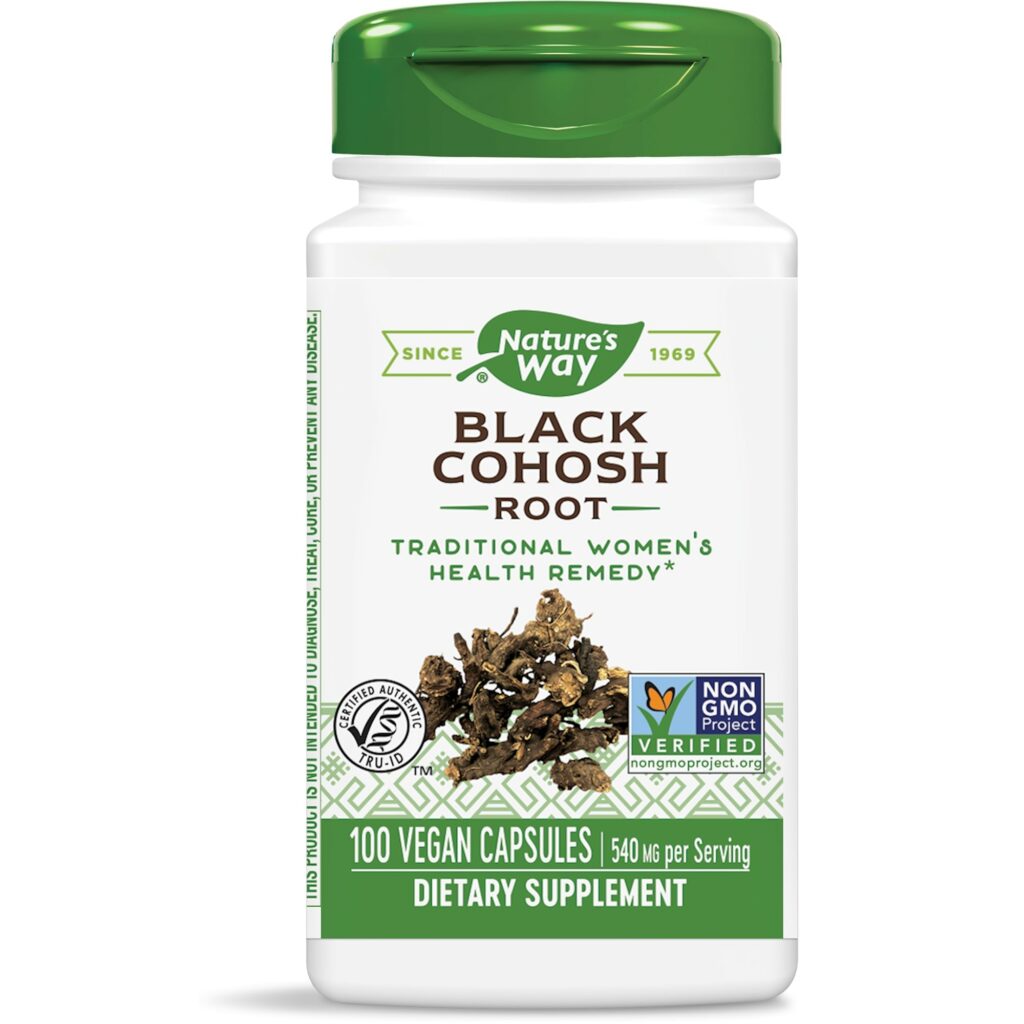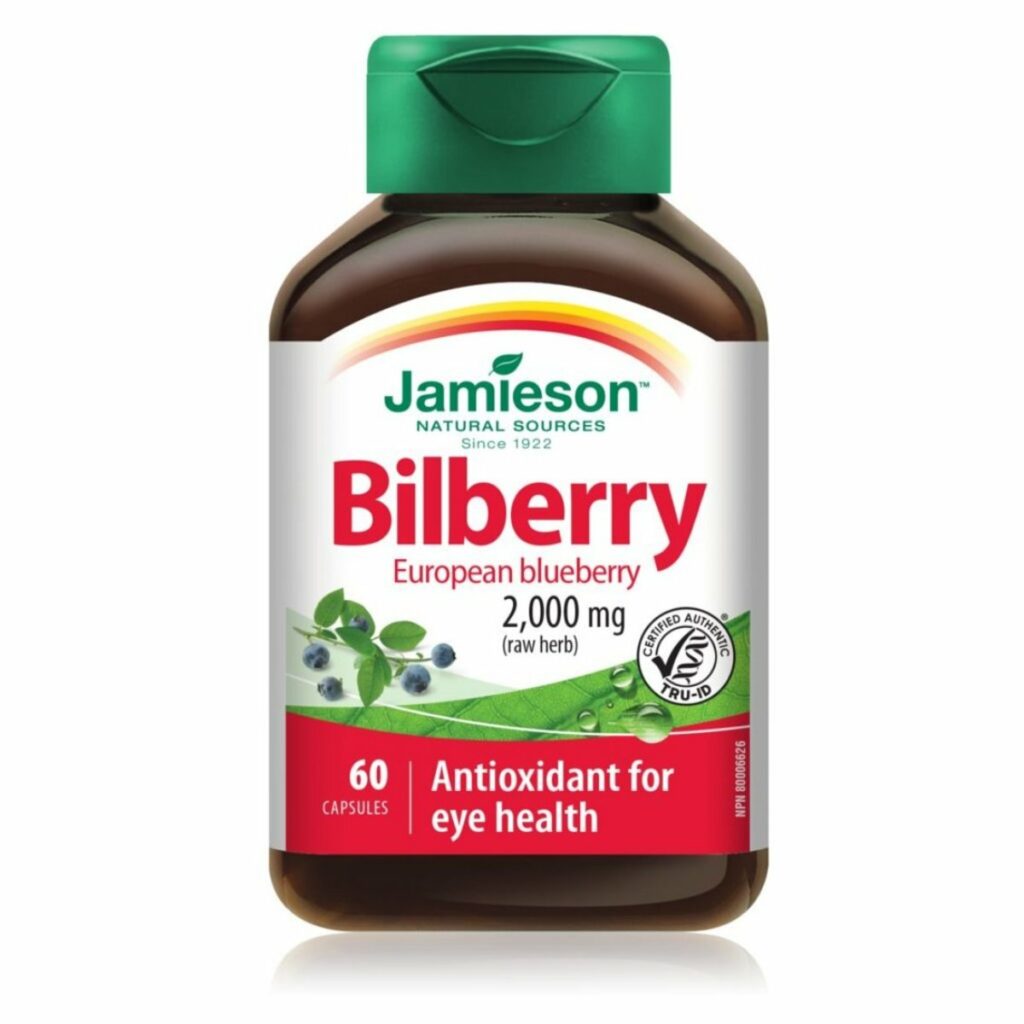Ashwagandha, also known as Withania somnifera or Indian ginseng, is a popular herb in traditional Ayurvedic medicine, prized for its adaptogenic properties and numerous health benefits. In recent years, ashwagandha supplements have gained widespread popularity in the wellness community, touted for their potential to support stress reduction, improve mood, enhance cognitive function, and promote overall well-being. In this comprehensive guide, we’ll delve into the science behind ashwagandha supplements, explore their potential health benefits, dosage recommendations, and safety considerations to help you harness the power of this ancient herb for optimal health and vitality.
Understanding Ashwagandha:
Origins and Traditional Use
Ashwagandha has been used for centuries in traditional Indian medicine as a rejuvenating tonic and adaptogen, believed to help the body cope with stress and promote vitality and longevity. The name “ashwagandha” translates to “smell of the horse,” referring to the herb’s distinct odor and traditional belief that consuming it imparts the strength and vigor of a horse.
Active Compounds:
The bioactive compounds in ashwagandha, including withanolides, alkaloids, and saponins, are thought to contribute to its therapeutic effects. Withanolides, in particular, are believed to exert adaptogenic properties, helping the body adapt to stressors and maintain balance in the face of physical and mental challenges.
Health Benefits of Ashwagandha Supplements:
Stress Reduction
Ashwagandha is perhaps best known for its ability to help reduce stress and anxiety. Several studies have demonstrated that ashwagandha supplementation may lower cortisol levels, the body’s primary stress hormone, and reduce symptoms of anxiety and depression, leading to improved mood and overall well-being.
Improved Cognitive Function
Research suggests that ashwagandha may support cognitive function and memory recall by protecting brain cells from oxidative stress and inflammation. Additionally, ashwagandha may enhance attention, focus, and mental clarity, making it a potential ally for cognitive health and performance.
Enhanced Physical Performance
Ashwagandha supplements have been studied for their potential to improve physical performance and endurance, particularly in athletes and active individuals. Some research suggests that ashwagandha may increase strength, stamina, and exercise capacity by supporting muscle recovery and reducing exercise-induced fatigue.
Immune Support
Ashwagandha possesses immunomodulatory properties, meaning it may help regulate immune function and enhance the body’s ability to fight off infections and illness. By modulating immune responses, ashwagandha supplements may support overall immune health and resilience.
Hormonal Balance
Ashwagandha has been studied for its potential to support hormonal balance, particularly in men and women experiencing hormonal imbalances or reproductive health issues. Research suggests that ashwagandha may help regulate cortisol levels, balance thyroid hormones, and support reproductive health in both men and women.
Dosage Recommendations
Standardized Extracts
Ashwagandha supplements are available in various forms, including standardized extracts, capsules, powders, and tinctures. Standardized extracts typically contain a specific concentration of withanolides, the active compounds in ashwagandha. Dosage recommendations for standardized ashwagandha extracts typically range from 300 to 600 milligrams per day, divided into two or three doses.
Whole Root Powders
Some individuals prefer to consume ashwagandha in the form of whole root powders, which may provide additional phytonutrients and fiber compared to standardized extracts. Dosage recommendations for ashwagandha root powder vary but typically range from 1 to 6 grams per day, divided into two or three doses.
Safety Considerations:
Generally Recognized as Safe
Ashwagandha supplements are generally well-tolerated when taken at recommended doses. However, some individuals may experience mild side effects, such as gastrointestinal upset, headache, or drowsiness. It’s essential to start with a low dose and gradually increase as tolerated to minimize the risk of adverse effects.
Pregnancy and Breastfeeding
While ashwagandha is considered safe for most adults, pregnant and breastfeeding women should exercise caution and consult with a healthcare professional before using ashwagandha supplements. Limited research is available on the safety of ashwagandha during pregnancy and lactation, so it’s best to err on the side of caution.
Drug Interactions
Ashwagandha supplements may interact with certain medications, including sedatives, immunosuppressants, and thyroid medications. If you’re taking prescription medications, it’s essential to consult with your healthcare provider before starting ashwagandha supplements to avoid potential interactions.
Conclusion
Ashwagandha supplements offer a wealth of potential health benefits, ranging from stress reduction and improved mood to enhanced cognitive function, physical performance, and immune support. Whether you’re seeking relief from stress and anxiety, looking to boost cognitive clarity and focus, or aiming to enhance athletic performance and overall well-being, ashwagandha may offer support on your wellness journey. By choosing high-quality supplements, following dosage recommendations, and consulting with a healthcare professional if you have any underlying health conditions or concerns, you can harness the power of ashwagandha to promote vitality, resilience, and optimal health.
- Sip and Savor: My Fun Review of Mushroom Drinks from House of Shrooms - July 30, 2024
- Benefits of Black Cohosh Supplements - March 29, 2024
- Benefits of Bilberry Supplements - March 29, 2024




